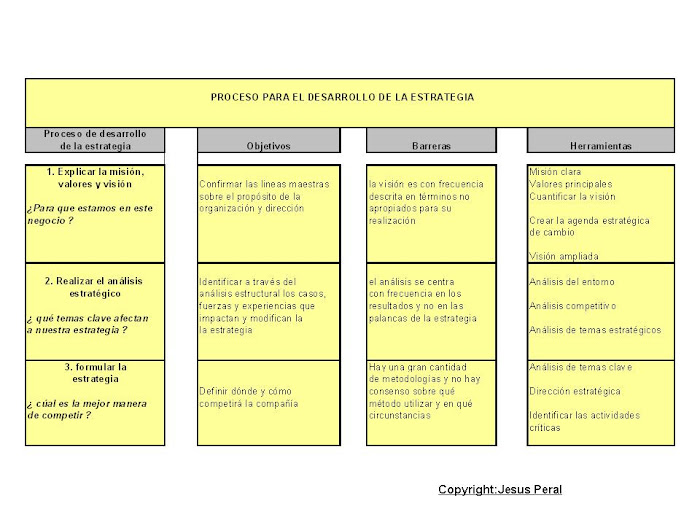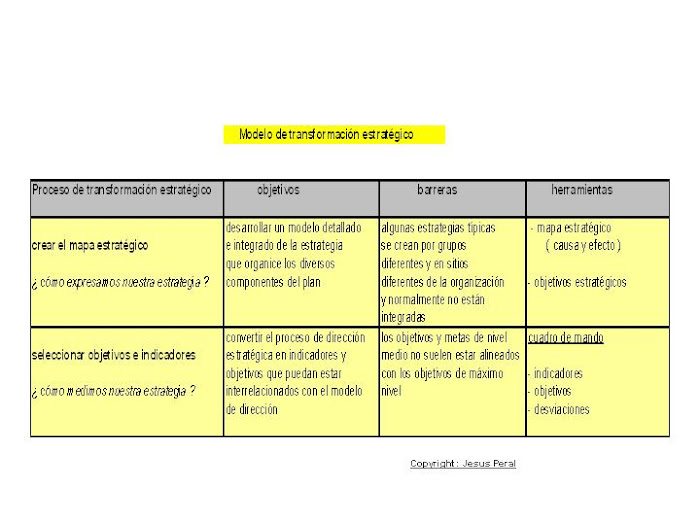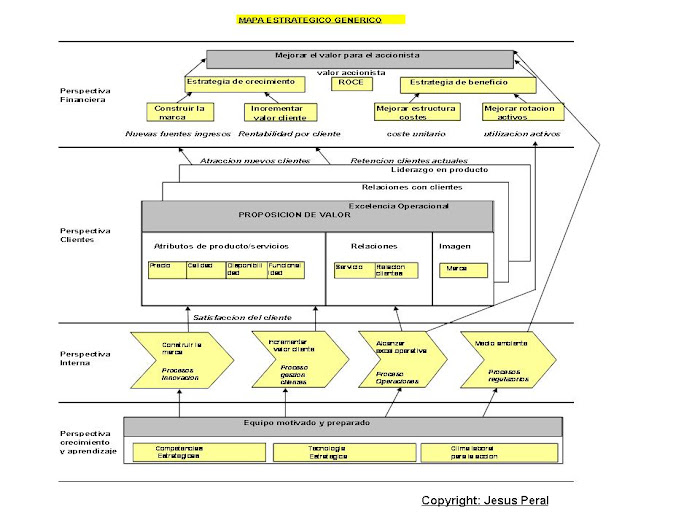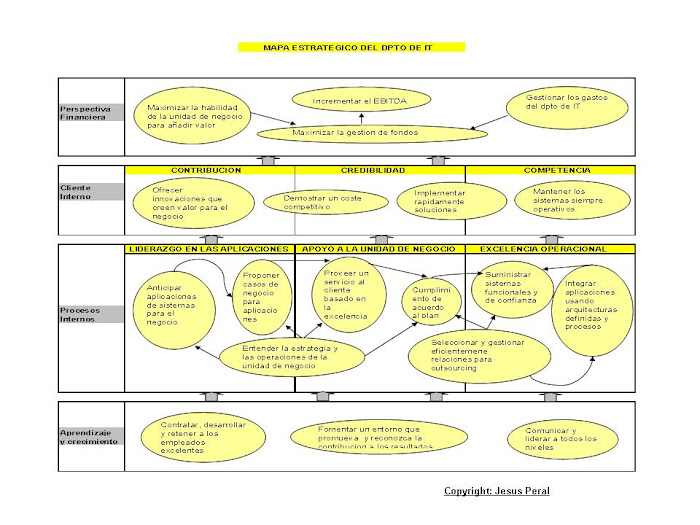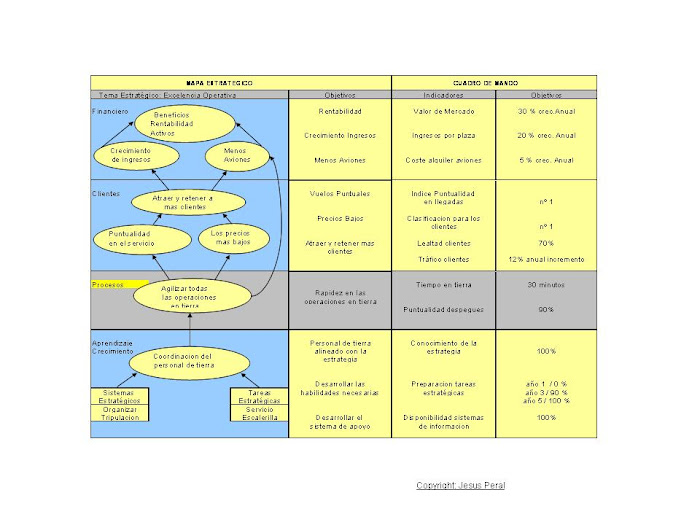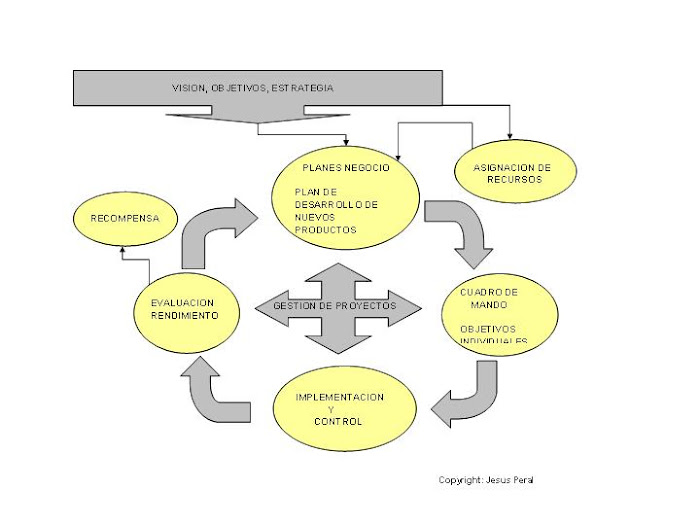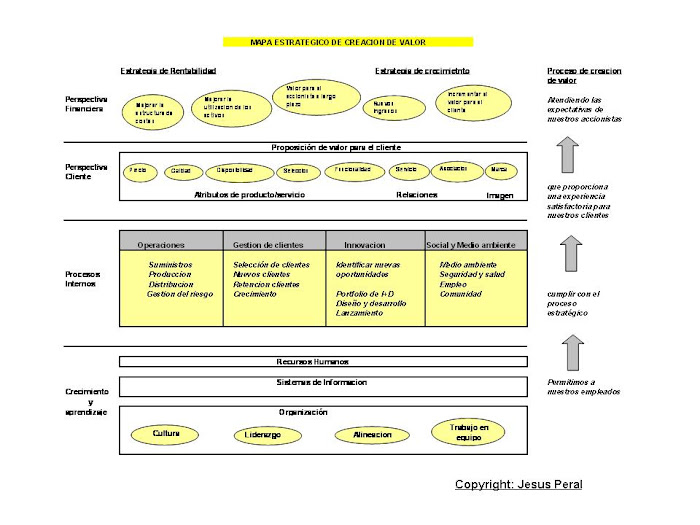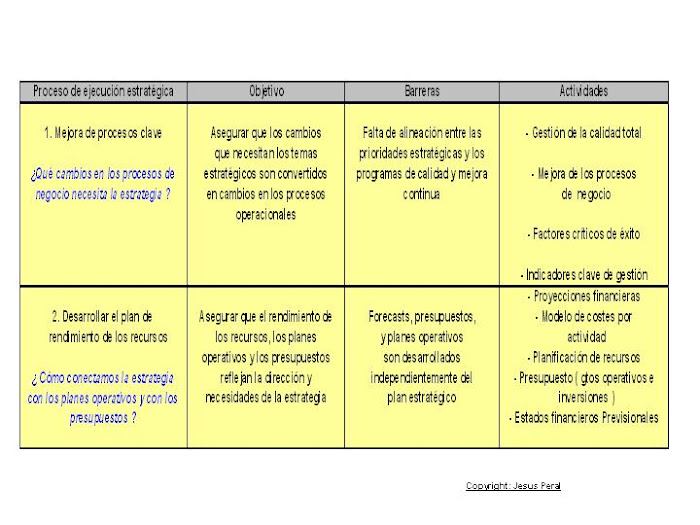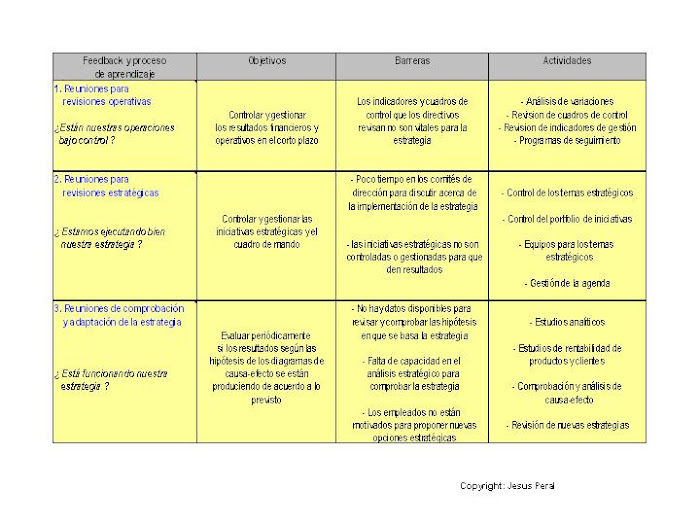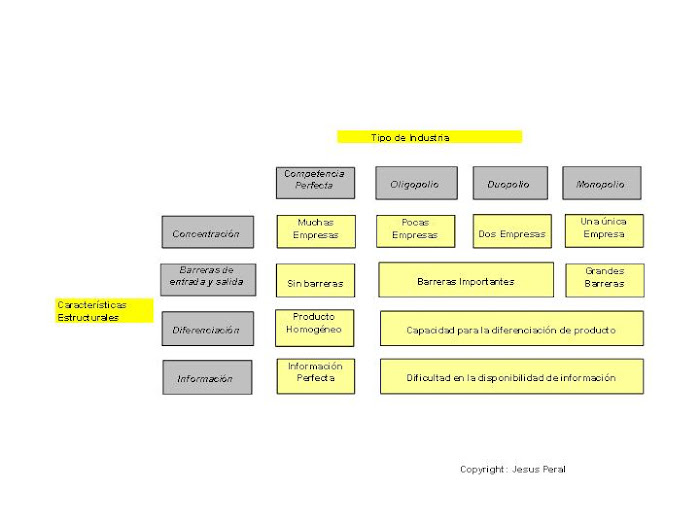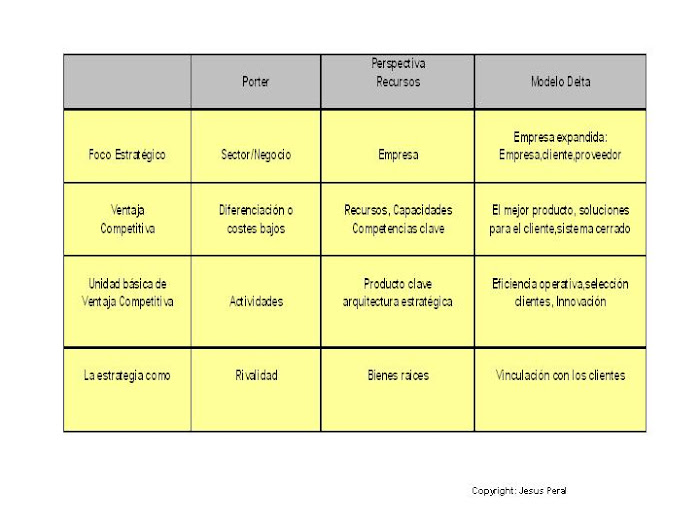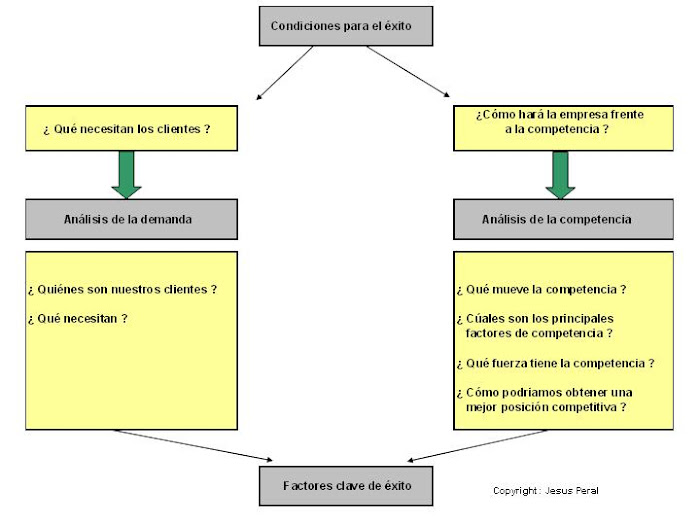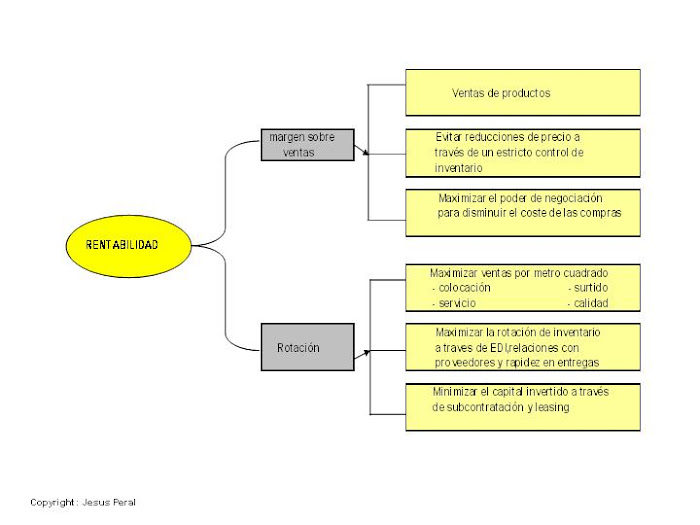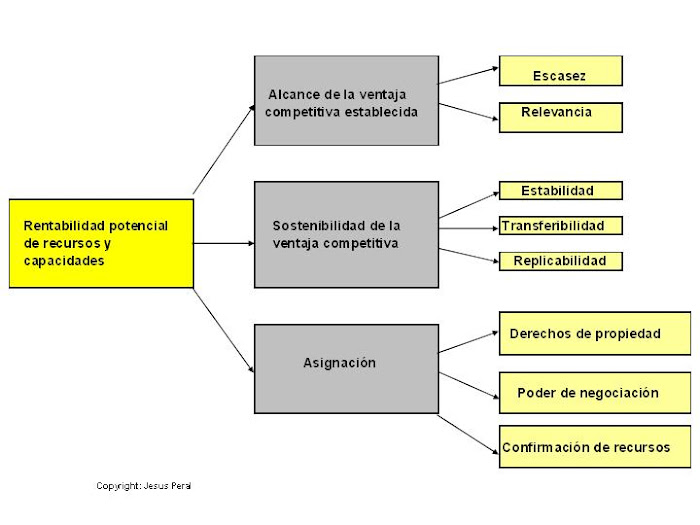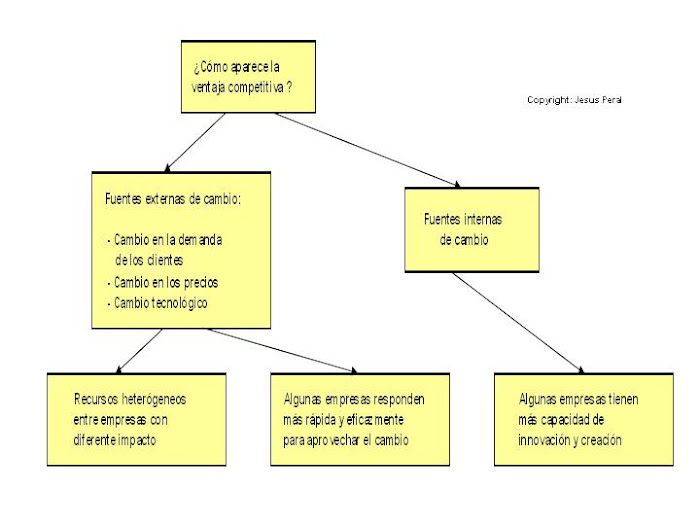It is likely the vast majority of the potential readers of this post
know very well how to manage their time. There is a lot of articles, books etc
on the subject. It is also likely these readers have the thinking “I know all
about it, I have no problem in my daily professional work”.
This post does not intend to lecture but showing a personal view about
how I normally manage my time at work.
Let me put this in context with a short real story. If you were told by
the Managing Director of your company that he wanted you for a challenging
assignment which means working closer to him giving you the opportunity to deal
with strategic issues, gain more experience and even provide you some promotion
prospects, would you take it? The answer would be likely, yes. If, however you
were told that you would spend one day a week on this assignment and carry out
your present work in the remaining four days, would you still accept it? Of
course, probably you would. But how could you manage it? Definitely you would
need to organize yourself better because you will need to do your existing work
in four-fifths of the time you spend at the moment.
To recover this one-fifth or more, you need to think about how you use
your time. You would need to organize yourself better and get other people to
help or at least, which sometimes, it is really difficult, not to hinder you.
I am sure a lot of people could tell examples like the above mentioned.
So how to cope with this o similar situations?
First, start with your current assignment, the tasks you carry out and
the objectives you have to achieve. Try to establish an order of priority
between your tasks and among your objective.
Right, I know what you think. This is difficult when you have a number
of potentially conflicting areas of responsibility. And for this reason, at the
end of your day you could say yourself: I have wasted my time, I have achieved
next to nothing. Don’t desperate. I understand very well this feeling.
You could sort out the relative importance of your objectives and try to
attach priorities to your tasks. As a second step you could give yourself
sufficient free time to concentrate on major problems so you could react
quickly to them.
And now a very important element. Yes, of course, delegation. You got it.
You can classify the sort of issues that could arise and decided which could
“safely” be delegated to others and which you should deal directly.
But at that point of time it is necessary to analyze more in detail how
you spend your time. This will allow you to identify time-consuming activities
and indicate where there are problems as well as possible solutions to them.
Prepare your “to do list” the day before. Summarize how effectively you
spent your time. In this you will have the typical issues, reading, writing, skype
calls, emails, dealing with people, attending to meetings and others depending
on your area of work and expertise. The analysis will provide you the
information you need to spot the weaknesses you have in managing your time. You
could even prepare a time-consumer
checklist to identify problems and why not, possible remedies.
I would say the main problem comes in the way you plan your work and
establish your priorities. You have to fit the task you should complete into
the time available to complete them and get them done in order of importance.
Yes, right, you could be in your office long hours and it is likely to be the
solution for you but it is not too much healthy and it is not part of the game.
I know that some people find it difficult, if not impossible, to plan
their work ahead. They find they work best if they have to achieve almost
impossible deadlines. Working under pressure concentrates the mind wonderfully,
I heard it in a lot of situations.
But we are ordinary mortals, right? who work under a variety of
conflicting pressures and we could not rely upon crisis action to get out of
our work. For most of us, I assume, it is better to try to minimize the need
for working under exceptional pressure by a little attention to the
organization of our week or day. At the very least you should use some kind
long range planning, organize your weekly activities in broad outline and plan
each day in some details.
Hence what could be the practice? Sit down at the beginning of each week
with your agenda, notebook or outlook planner and plan how you are going to
spend your time. Assess each of your projects or tasks and work out priorities.
Leave blocks of time for dealing with emails and seeing people. In my case I
put everything down on paper, in a small notebook and I write what I intend to
do the next day, in the morning and in the afternoon. You will probably have a
better method so take advantage of it!!
At this stage why not having kind of daily organizer whatever is the
format, in your computer, laptop, outlook or on paper. You can consult every
morning when arriving to the office your plans and commitments. Check what is
outstanding and act accordingly if you are jeopardizing a deadline.
I do not want to forget that besides organizing your work you probably
need to organize as well your team. Give some housekeeping advice. Try to
educate them to avoid unnecessary interruptions. Do not anger them by shutting
them out when they have something urgent to discuss. But if it can wait get them
to agree to meet you later at a fixed time.
As I mentioned before delegation is a critical element for your help.
You will save a lot of time with your collaborators if you decide what work you
could delegate to them. You will save even more time if you delegate clearly
and spell out how and when you want them to report back. In line with this a
very important issue, learn to say no to collaborators who want to see you when
you are engaged on more important things. But also give them a time when they can
see you. I would say talking generally to your team about their job can be time
well spent if it helps to increase mutual understanding and respect.
What I mentioned above as time-consumer checklist could look like this:
Problem: Trying to do too much at a time. Possible remedies: Set
priorities. Do one thing at a time
Problem: Getting involved in too much detail. Remedy: Delegate more
Problem: Postponing unpleasant tasks. Remedy: Avoid procrastination. Do
them quickly
Problem: Constant interruptions with skype calls. Remedy: State firmly
you will call back when possible
Problem: Insufficient time to think. Remedy: Reserve blocks of time for
thinking
Problem: Too much time spent in conversations. Remedy: Decide in advance
what you want to achieve when you meet someone.
Problem: Too much time spent in skype meetings: Remedy: Review all the
meetings you hold and eliminate as many as you can.
I know that every professional has their own method according to the
situation, experience, management style and working environment but remember
you need to manage your time, also thinking in the important and in the urgent with
the sane objective to give relief to the stress and be more efficient.
Think about it and share your thoughts!!






